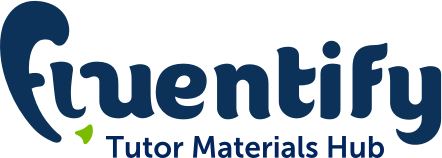This post is full of useful vocabulary to teach teens, such as school subjects, hobbies and other free time interests. At the end of the post you’ll find some fun homework activities such as snippets from episodes of Friends from ESL Video and learning English through music with Lyrics Training.
Education
If your student is taking classes to enrol in an English-speaking school then it is prudent to focus on the education vocabulary for their new academic environment.
This section is divided by school subject with picture worksheets along the way to help your student learn the vocabulary.
For general education vocabulary, take a look at our Ability and Education post.
Maths/ Math
Maths (in the UK) and math (in the US) has a lot of vocabulary. Your student will likely recognise formal maths vocabulary such as, ‘subtraction‘, ‘addition‘ and ‘multiplication‘, as they are based on Latin words. However, maths has also lots of other vocabulary, such as ‘to add up’, ‘to take away’ and ‘to times’, that your student won’t have seen before and so should be taught.
Vocabulary
Addition: To add up, to add
Subtraction: To subtract, to take away
Multiplication: To times, to multiply by
Division: To divide by
Sums – general word for calculations (not ‘operations’).
To work out a sum – to calculate
Figures – another word for numbers commonly used for economics
A whole number – a number that is not a fraction (e.g. 2)
A fraction – a number that is not a whole number (e.g. 2.2)
To round up – 8.8 to 9.
To round down – 8.3 to 8.
Activity: Write some simple sums
Write some sums in the chat. Ask your student to tell you the sum and then complete it.
For example
Tutor (writing): 3 x 3 =
Student: ‘Three times three equals nine’ or ‘three multiplied by three equals nine.’
Numbers
Even numbers – e.g. 2,4,6,8
Odd numbers – e.g. 1,3,5,7,9
Big numbers
One thousand – 1,000
One hundred thousand – 100, 000
One million – 1,000,000
One billion – 1,000,000,000
One trillion – 1,000,000,000,000
Big numbers activity
Write some numbers in the chat and ask your student to tell you what they are. Start small and then get progressively bigger.
For example:
Tutor (writing): 1,245
Student: One thousand two hundred AND forty-five.
Tutor: 214,567
Student: Two hundred AND fourteen thousand, five hundred AND sixty-seven.
English literature
- Prologue
- Epilogue
- Scenes in a play
- To play a role
- Main character
Activity: Invent a story

Young minds are often very creative and can invent some highly imaginative and entertaining stories. Use these story prompts images to help your student invent a story using some vocabulary they’ve learned, plus the simple past.
Download story prompts teens
Writing
To paraphrase – to put what someone said into your own words.
To spell/ spelling – to write a word with the correct lettering
To quote/ a quote – repeat or write words spoken by another person.
To underline/ to highlight – to draw under a word or phrase to give emphasis.
Titles and headings
Capital letter (ABC), lower-case letter (abc)
Paragraph
Title / subtitle – used in essays/books
The headline – used in newspapers
Sub-headline – used in newspapers
Punctuation
Speech marks/ quotation marks – “”
Brackets – ()
Full stop – .
Comma – ,
Colon – :
Semi-colon – ;
Types of writing
An article – in newspapers and magazines.
An essay – a written argument.
A first draft – first, rough copy
‘I like to write a first draft.’
A review – an opinion piece on a product or piece of entertainment.
A report – an informational piece of writing,
Word activity: Plurals
The tutor says a noun in singular form and the student has to write the correct spelling of the plural form in the chat.
For example:
Tutor: Foot
Student: Feet
Irregular plurals
- Child – children
- Fish – fish/ fishes
- Foot – feet
- Deer – deer
- Goose – geese
- Man – men
- Mouse – mice
- Person – people
- Tooth – teeth
- Sheep – sheep
- Woman – women
Other plurals with spellings depending on the final letter
- Baby, lady – babies, ladies
- Leaf, shelf – leaves, shelves
- Potato, tomato – potatoes, tomatoes
- Witch, wish – witches, wishes
- Cactus, octopus – cacti, octopi
Science
For more science vocabulary, check out our Science and Environment post
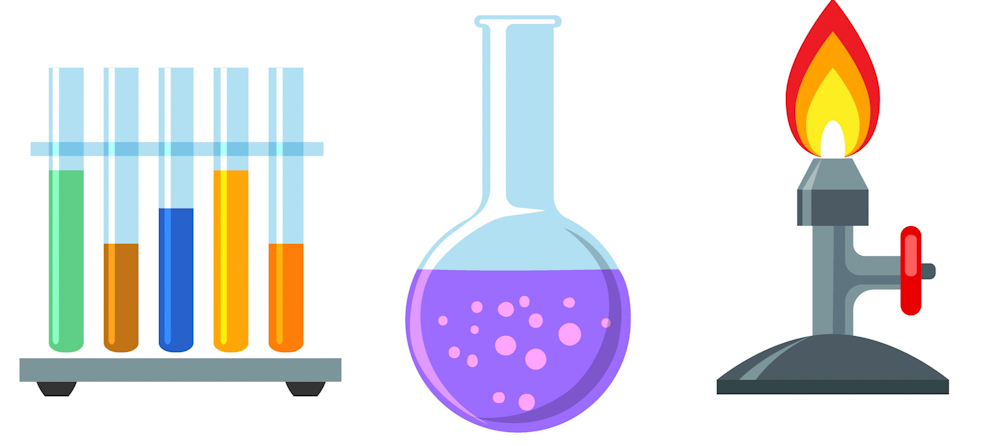
Activity: Chemistry equipment
See how much of this chemistry equipment your student can name.
Vocabulary:
- Bunsen burner
- Test tube
- Beaker
- Scales
- Pipette
- Flame
Download chemistry equipment
Metals
Iron, steel, gold, silver, aluminium, bronze, copper
Water
- To boil
- To freeze
- To turn into steam
- To turn into ice
- To melt
- To spill water accidentally
Activity: Body vocab
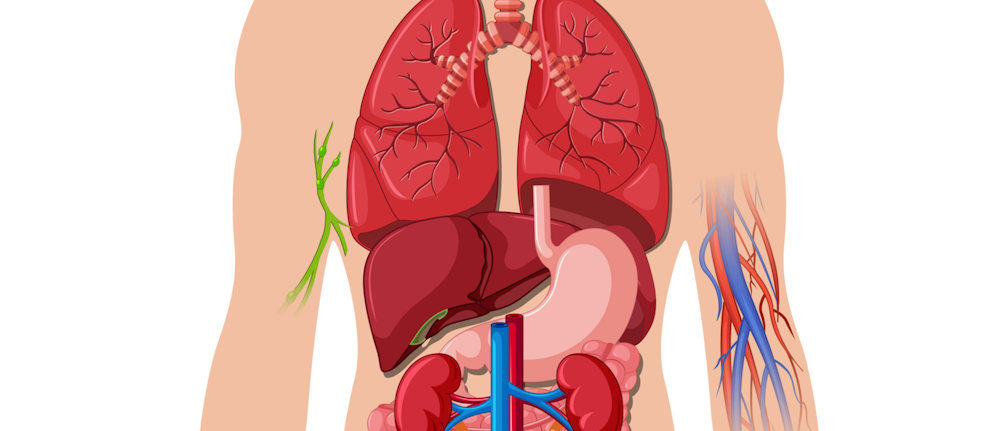
See how many of these organs and body parts your student can name.
Vocabulary
- Heart
- Lungs
- Intestines
- Liver
- Kidneys
- Stomach
- Bladder,
- Veins
- Bones
- Muscles
Download organs worksheet
Animals
Mammals, birds, reptiles, amphibians, insects
Vertebrate and invertebrate
Scales, feathers, fur, skin, wings, fins, beak, claw, to lay an egg, wildlife.
Planets
Mercury, Venus, Earth, Mars, Jupiter, Saturn, Uranus, Neptune, Pluto (which is now a dwarf planet)
Geography
Activity
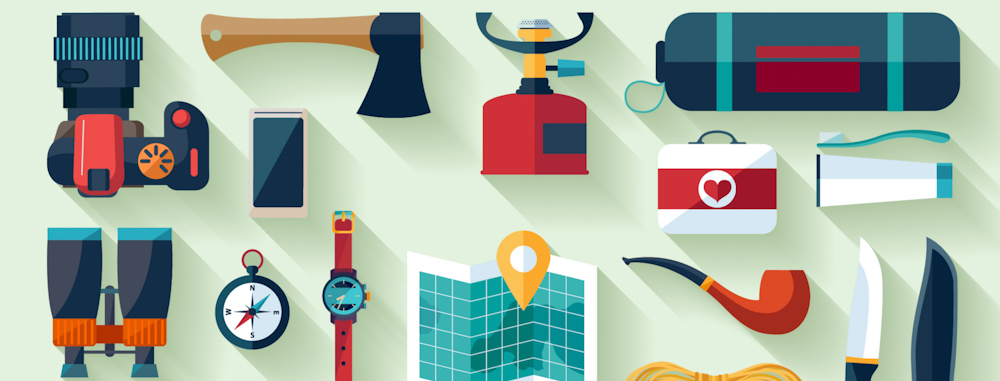
See how much of this field trip equipment your student can name
Download field trip equipment worksheet
Sectors
Primary: Agriculture, fishing, mining, forestry
Secondary: Manufacturing, to manufacture
Tertiary: Tourism, retail, transport, logistics, the service sector
Natural and urban landscapes

Activity: Describing landscapes
Ask your student to describe to you these different scenes. Here is some vocabulary to help them.
Download landscapes worksheets
City: Harbour, bridge, skyscraper, streetlight, street light, roof top, stories of a building, floors in a building, sunset.
Country: Valley, meadow, mountain, hills, windy road, forest, clouds, farm house, picturesque.
Town: School, football pitch, running track, cross roads, zebra crossings, lake, fence, factory, chimney, harbour, church, fountain, field.
Street: Pavement, sidewalk, store, cyclist, market traders, to trade, food stall, spices, rugs, skyscrapers, walking stick, handbag, exhaust fumes.
Environmental problems and solutions
For more vocabulary, see our Science and Environment post.
Greenhouse effect
Global warming
Sea levels rising
To burn fossil fuels
Polar ice caps melting
To ban – to prohibit
To recycle, recycling
Solar energy
Wind power
History
General history
B.C.E – Before Common Era (before Christ)
C.E – Common Era (post Christ)
Centuries
Sources – evidence for historical theories.
‘What sources prove that this happened?’
Battles
Allies –countries who work together in a war.
To battle, a battle
To bomb, bombs – to drop an explosive
To conquer, a conquest
To defeat, a defeat
To invade, invasion
To surrender
Battle equipment
- Armour
- Shield
- Sword
- Soldiers
- Tanks
- Weapons
Kings and Queens
- Monarchs
- Monarchy
- To reign
Periods
Classical period
Medieval period (also known as The Middle Ages)
- Feudalism
- Nobles and peasants
Industrial Revolution (modern period)
- Factories
- To manufacture
- To trade
- To colonise, colonialism
Questions
- Tell me about a period of history that you are studying at the moment.
- Tell me about a historical figure who had a big influence in your country and why.
- Tell me about a famous battle in your country.
Physical education
For more sport vocabulary, see our Sports and Physical Activity post.
General vocabulary
- To cool down
- Locker
- Gym
- Gym kit
- To whistle, whistle
- To warm up
- To stretch
Football/ soccer
To kick the ball
To pass the ball
To shoot the ball into the goal
To score a goal – to successfully get a goal.
To draw/ a draw – when the result is equal.
‘We drew 2.2. It was a draw.’
To beat another team – to win against another team.
To save a goal
A foul / to foul – an illegal move against another player.
A tackle / to tackle – manoeuvre to try to get the ball from another player.
Goalkeeper, attacker, defender.
Injuries
To hurt yourself
‘I have hurt my arm,’ or, ‘my arm hurts’.
To injure yourself / to have an injury
‘I have injured my leg’.
Locations
Tennis and basketball court
Football and baseball pitch
Running track
Lanes – for a swimming pool or running track.
Questions
- Tell me about a famous sports match in your country. What was the score?
- What are your favourite sports to practise? How do they make you feel?
- What sports’ facilities does your city have? Can you describe them to me?
- Have you ever injured yourself or seen someone else get injured while playing a sport? Can you tell me about it?
Free time: Hobbies
- Chess
- To play video games, board games
- Photography
- Painting, drawing
- Walking, hiking
Phrasal verbs and expressions for beginning and ceasing a hobby
To give up – to cease a hobby, habit or activity.
To take up – to start a hobby, habit or activity.
To sign up for something – to put your name down for classes.
To get into something – to develop a passion for something.
To be into something – to have a passion for something.
Questions
- Tell me about an activity or sport that you took up when you were younger that you no longer do? Why did you give it up?
- What are you into at the moment? How did you get into it?
- Has anyone signed you up for classes that you didn’t want to do?
Fashion
For more about appearances including hairstyles, check out our Describing Personality Types and Appearances post.
To be stylish/ in fashion / in style/ trendy – to be the latest fashion.
To be out of fashion – the fashion has passed.
To be timeless – when a piece does not go in and out of fashion. It is always in style.
To dress to impress/ to kill – to be dressed in a stylish way.
To make a comeback – something that was out of fashion, becomes fashionable again.
Clothes shopping
To get a discount/ to get money off – to reduce the price of something.
An item of clothing – one piece of clothing.
To look for something – to search for something.
To refund/ to get a refund – to have money returned.
To suit /soot/ – expression to say an item of clothing looks good on someone.
‘That jacket suits you.’
To try on clothes – to try clothes before you buy.
To take something back – to return something to a shop.
Activity

Download shopping worksheet
- Look at this picture of a department store and describe what is happening.
- You’re the customer and I’m the shop assistant. Imagine you want to take back some shoes, what would you say to me?
TV and film
For general media vocabulary, checkout our Media and Marketing post
Vocabulary
- To animate, animation
- Cast
- Director
- Main character
- Script writer
- Producer
- Plot
- To perform, performance
- The set
- Special effects
- Soundtrack
- Screenplay
- Script, scriptwriter
The scene – a part of a movie.
To star in a movie – to be one of the main characters in a movie.
To be set in – when, where the story is placed.
A must-see – a film, place or event that someone must see.
A flashback – a scene in a film or novel set in a time earlier to the main story.
A cliff-hanger – an exciting end to a film when something has yet to be resolved.
Activity
You have $200,000 to create a low-budget film. The location is [tutor gives location] and the genre is [tutor gives genre]. Now you invent the plot for homework and tell me about it next time.
Homework
Practise grammar and vocabulary with Friends
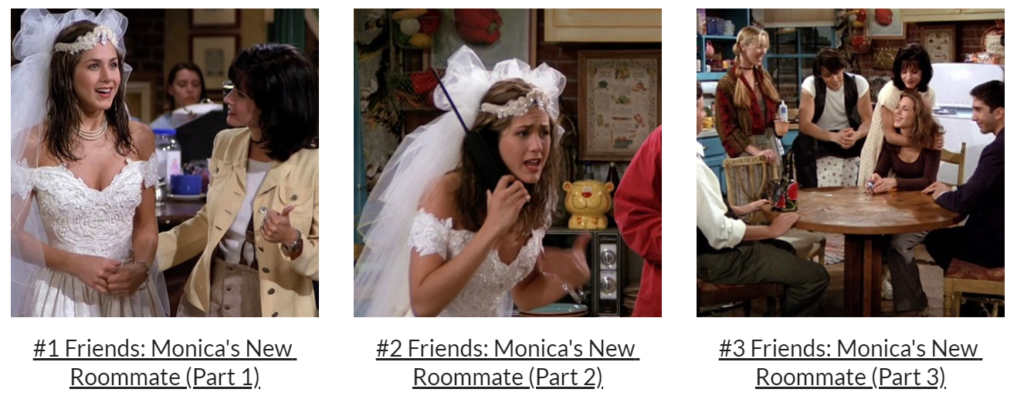
Friends has found a new audience of fans with Gen Z. ESL Video have created a series of vocabulary lessons using snippets from Friends. Ask your student to watch a few videos for homework and tell you the story of the episode next time and any new vocabulary they’ve learned.
Link: https://www.friends.eslvideo.com/
Learn vocabulary through music with Lyrics training
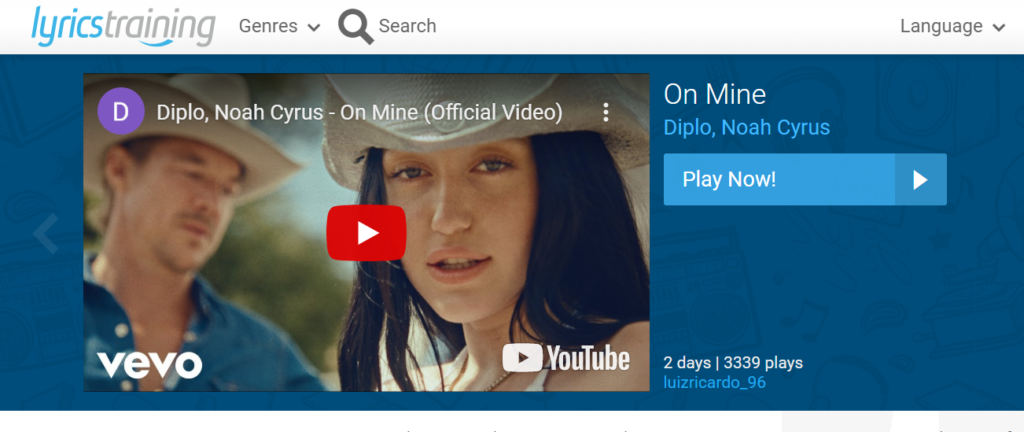
Music is a great way to engage your teen learner. Ask them to listen to a song or two for homework with Lyrics Training and do the gap fill exercises.
Link: https://lyricstraining.com/
Practise grammar and vocabulary with British Council Teens
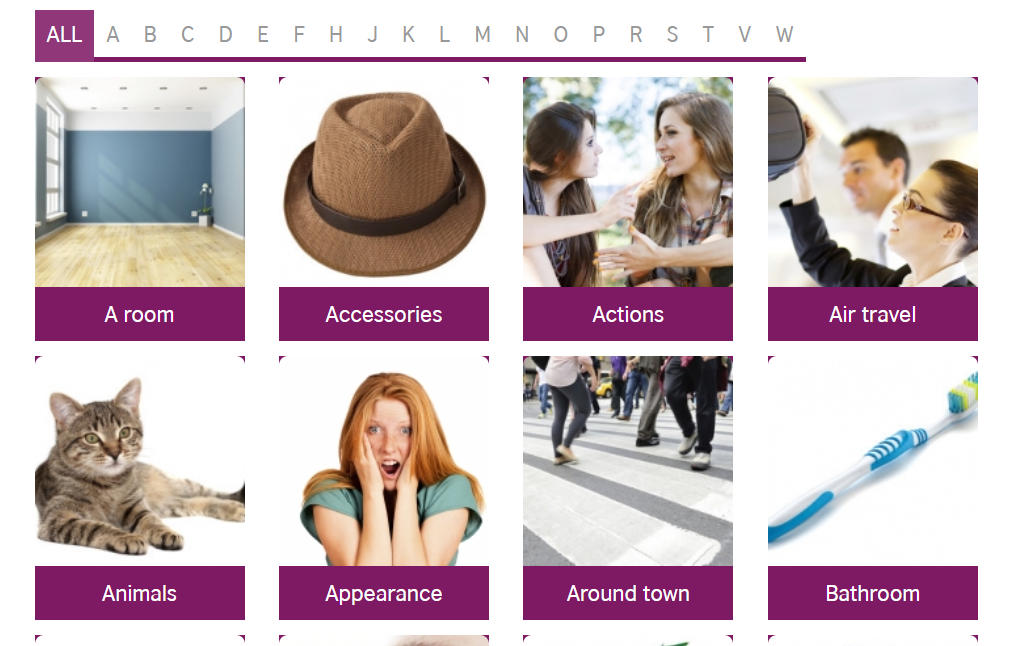
The British Council has an excellent teens site where your teenager can reinforce the grammar and vocabulary knowledge with videos and interactive activities. Highly recommended.
Grammar link: https://learnenglishteens.britishcouncil.org/grammar
Vocabulary link: https://learnenglishteens.britishcouncil.org/vocabulary
Final thoughts
What are your favourite activities for teaching teens. Add them to the comments section below and I’ll add them to the post.
